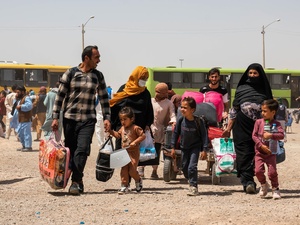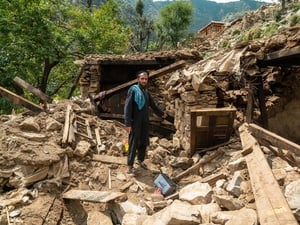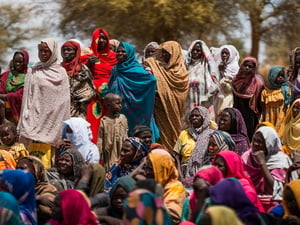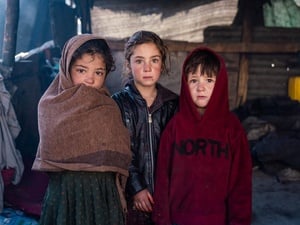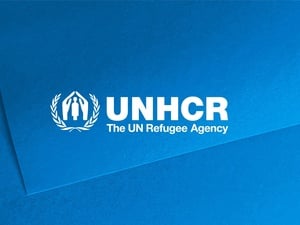Afghanistan Humanitarian Update No. 15
Afghanistan Humanitarian Update No. 15
At A Glance
- Security incidents in Quetta, Pakistan
- Situation across border unclear
- Site preparations continue
- Funding situation
Security incidents in Quetta
The UNHCR office in Quetta, Pakistan, on Monday was stoned by a crowd of angry demonstrators who subsequently set fire to the nearby office of the United Nations Children's' Fund. UNHCR staff were not hurt in the attack but the building's windows were shattered by stones. The UNHCR staff left the building and were brought to a safe location. This was the most serious security incident UNHCR staff have experienced in Pakistan to date. Demonstrations were also reported from the northern city of Peshawar. No attacks against UN installations were reported from there. However, a UNHCR team travelling to tribal areas near Peshawar to look for additional refugee campsites was turned back in the town of Landikotal because of demonstrations. The tense security situation is hampering work by UNHCR and its partners who are trying to prepare for a possible large influx from Afghanistan. Border monitors were also unable to deploy on Monday.
Situation across border unclear
It was not immediately clear whether the first strikes against targets in Afghanistan have triggered new population movements. Some reports from Afghanistan spoke of more civilians fleeing the cities of Kabul, Jalalabad and Kandahar. But it was not clear whether they were trying to find safety in surrounding villages or whether they were headed toward the borders.
In case of a mass influx, UNHCR is suggesting that the neighbouring states provide temporary protection to those fleeing Afghanistan.
Humanitarian Preparations
UNHCR workers are facing enormous challenges trying to prepare for a possible influx of refugees into Pakistan and Iran amid increasingly precarious security conditions. In Pakistan, more than 30 possible refugee campsites have now been identified but only a handful of those sites can be made operational within the next 10 days. All the sites are located in Pakistan's border zone tribal areas. Any work in those areas is subject to approval by the local authorities, with aid workers having to ask daily for permission to access the campsites in order to pre-position shelter materials in them. The sites are located in rugged and barren areas where UNHCR workers say there is not a blade of grass to be seen, let alone a tree.
In Quetta, UNHCR has now amassed 4,000 tents, 10,000 plastic sheets and 6,000 blankets, which could provide temporary shelter to tens of thousands of people. However, for the time being the relief supplies remain in the UNHCR warehouse since none of the possible campsites are ready. Water is expected to be a major problem in the arid Quetta area, hit hard by a four-year drought.
UNHCR is still involved in a race against time in surrounding countries, particularly Pakistan and Iran, the agency needs to get essential supplies in place and sites developed for an initial influx.
At present, UNHCR can deal with a few tens of thousands of new arrivals, but not hundreds of thousands. While recognizing the concerns of Afghanistan's neighbouring states, we have requested several times - and continue to request - that they work with us to identify and develop more suitable, safe and adequate sites than those so far offered. UNHCR fears that if additional safe and adequate sites are not offered, identified and made ready quickly, it will be extremely difficult to deal with any large influx - despite the financial and other resources now beginning to flow from donors.
Funding Situation
UNHCR is expediting as much as possible its preparations for an initial "start-up" figure of 300,000 Afghan arrivals in Pakistan and 80,000 in Iran. In financial terms, this modular approach means the agency needs "start-up" requirements of approximately $50 million. Some $26 million has already been provided by donors. UNHCR is also appealing to governments for in-kind donations of urgently needed supplies, including tents and blankets.
UNHCR will try to airlift as much humanitarian assistance to the region as possible, especially key items such as tents. It will also speed up local procurement of key items as well.


